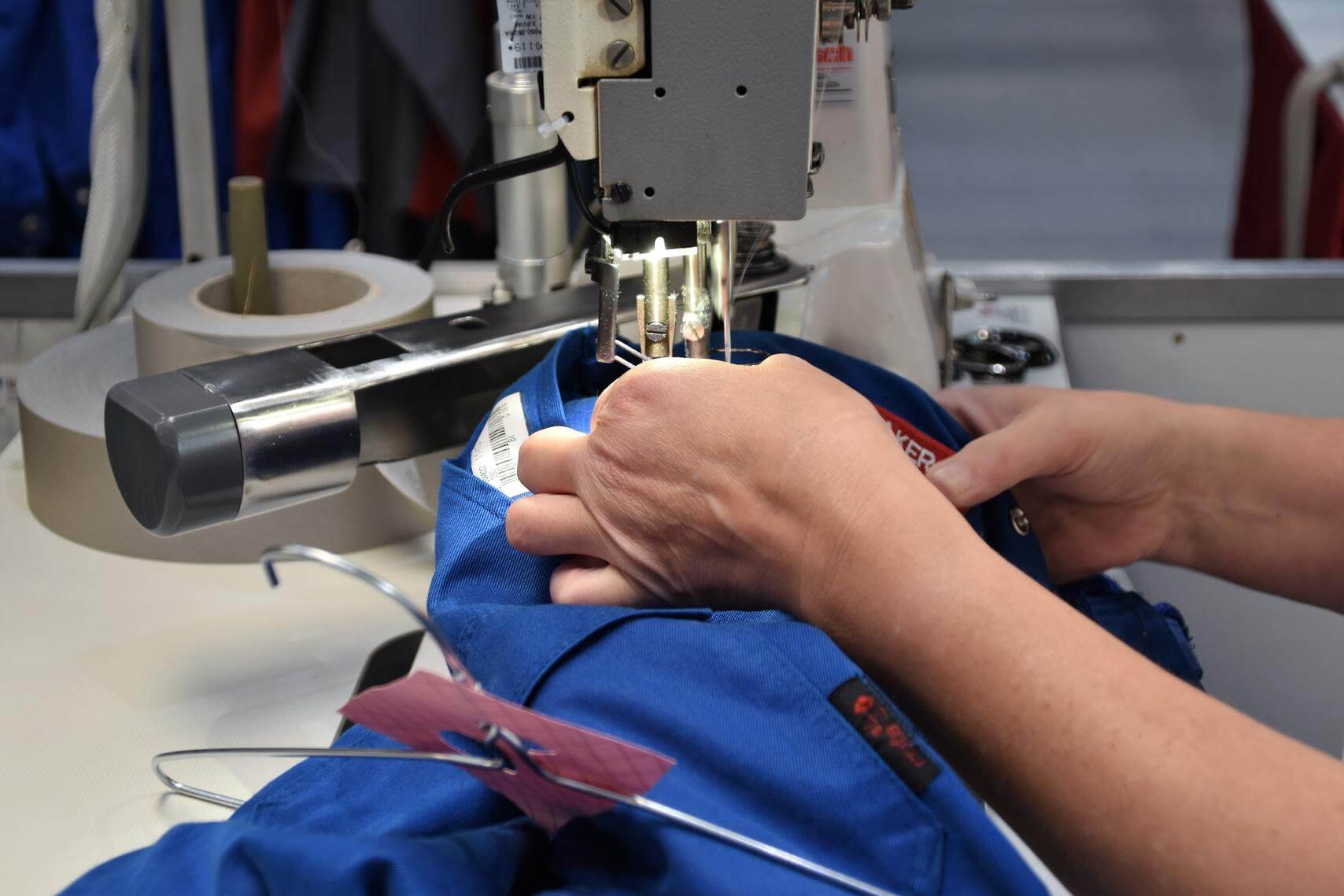What Are the Features of an Industrial Sewing Machine?

For industrial sewing, you need industrial sewing machines. These machines are made to handle heavy-duty tasks and materials. Many of today’s most popular industrial sewing machines have been around for decades and continue to be reliable workhorses.
Industrial sewing machines are industrial-strength and industrial-grade. They can handle heavy fabrics, multiple layers of fabric, and thick materials like leather or vinyl. The industrial sewing machine has a wide range of uses such as constructing durable garments like a hazmat suit; producing furniture covers; making sails; creating auto interiors and safety belts; repairing luggage and other items made from leather, canvas, vinyl, or nylon. And that’s just scratching the surface.
What makes industrial sewing machines different from other types of sewing machines?
More Throat Space
The area between the needle of the sewing machine and the body of the machine itself is called the throat. Industrial sewing machines have a large throat space between the needle and table so you can fit larger pieces under construction without having to move other items around to accommodate each piece as needed during construction.
Made of Stronger Materials
Industrial sewing machines are usually made from metal or very heavy plastic because needles go through a massive number of layers per minute. They need to be able to stand up against all kinds of wear and while still holding together well enough to do the job. Considering they’re meant to do the job and keep doing it, over and over again, durability is of major importance.
Industrial Sewing Machines are Fast
Regular home sewing machines are pretty impressive–they can create around 700 stitches per minute. Industrial sewing machines obviously have to do a lot more in less time, so they’re quite a bit faster – the average industrial sewing machine can go as fast as 1600 stitches per minute.
Industrial Sewing Machine Features
In addition to simply doing what other sewing machines do except faster, better, and for longer periods, there are a few features that are either unique to industrial sewing or rare to see in home versions.
- Threading systems and needles that make it easy to change out colors quickly and easily (this is important because industrial sewing usually involves multiple layers and color changes)
- Adjustable stitch length and width controls so the user can adjust the machine according to the specific project needs
- Computerized interfaces help automate some functions and streamline important processes
As with most manufacturing equipment – if you need it done right – rely on an expert who is familiar with your industry. Contact Vinyl Technology for your industrial sewing needs.
